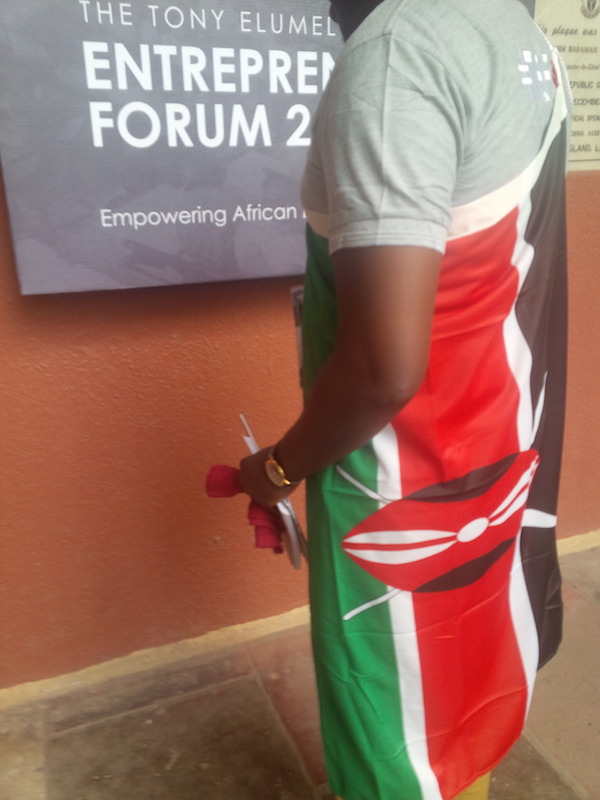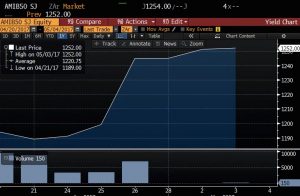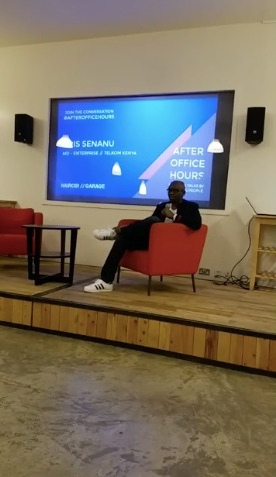How do large banks engage with the public? Some have programs that go beyond the usual corporate social responsibility – and which go out to address unique national challenges or provide opportunities to large segments of the population who may also be customers of the bank
Kenya scholarships and training.
In Kenya, large banks have some education programs, offering scholarships and support to gifted primary and high school students in different counties. The largest of these has been Equity Bank, which has its “Wings to Fly” leadership program. In nine years, Wings to Fly has given over 15,000 scholarships to needy or financial challenged pupils, 8,000 of who attained the university entrance grade after secondary school.
There are also other entrepreneurship forums, training programs and business clubs.
KCB has a KCB2Jiajiri, a Kshs 50 billion program started in 2016 that aims to benefit 500,000 entrepreneurs in 5 years, thereby creating at least 2.5 million direct and indirect jobs.
So far, #KCB2Jiajiri has skilled 23, 059 (47% female & 53% male) youth beneficiaries on technical skills & financial literacy across the country– Construction (4,459), Automotive (1,383), Domestic Services (1,145), Beauty & Personal Care (2,119) & Agriculture (13,953) #KaziKasi pic.twitter.com/wnoio3Vf0V
— bank·a·ble (@mbuguanjihia) December 6, 2018
Barclays
Ready to Work is a Barclays flagship employability program that prepares young people for the world of work. #ReadyToWorkKE pic.twitter.com/sdLeSk3wnp
— Barclays Bank Kenya (@Barclays_Kenya) September 21, 2018
Barclays Bank of Kenya launched Ready to Work, a free online training program to help college students and recent graduates get “job-ready” for a world of work. The bank also has a business club founded in 2003 that has supported over 9,000 companies and whose entrepreneur members have traveled to network and trade in over ten countries.
Nigerian bank do mega events:
Access Bank: In December, Access Bank had a huge year-end musical event.
Flashback to our year-end party, themed 'Havana Nights'. Every year, we have a theme, and this year's theme was the most colourful we've had in a while 😁. Everyone came through because ain’t no party like an Access Party 😉.#AccessHavana2018 #Xmas #Christmas #FlashbackFriday pic.twitter.com/mWTnyHg8o5
— Access Bank Plc (@myaccessbank) December 21, 2018
The Bank also hosted a “Born In Africa Fest,” a musical event that was attended by over 25,000 guests.
Who was your favourite artiste at #Bafest2018, and who would you like to see, come 2019? It's never too early😁😏🕺🏿 Via: @theNETng #Bafest #BornInAfricaFest #BornInAfrica #TakeTomorrow #AfricaRetold pic.twitter.com/pE2XLoh3fE
— Access Bank Plc (@myaccessbank) December 19, 2018
Ecobank: The bank has a recurring fintech challenge to find financial technology companies with solutions and models that can scale across Africa.
Our winner for the second edition of the Ecobank Fintech Challenge goes to @NALAmoney from Tanzania. He takes home a cash prize of $10,000 and other related prizes from @GroupEcobank.#EcobankFintech pic.twitter.com/i0BAnaOs1b
— Ecobank Fintech (@ecobank_fintech) August 30, 2018
GT Bank
2018 #GTBankFashionWeekend #PromotingEnterprise pic.twitter.com/OMAU8z5b7U
— Guaranty Trust Bank (@gtbank) November 14, 2018
GT Bank stages an annual fashion event called the GTBank Fashion Weekend that brings together fashion and business leaders from around the world to create the biggest fashion experience in Africa.
Full House for the @DapperDanHarlem Masterclass#GTBankFashionWeekend #AfricasFinest pic.twitter.com/RZwf9SKYey
— Guaranty Trust Bank (@gtbank) November 11, 2018
They also aim to showcase African art in different countries.
UBA: Unique among the banks is UBA, who in conjunction with their Chairman, and his Tony Elumelu Foundation have just launched the fifth year of a $100 million entrepreneurship challenge a philanthropic program that aims to find, train and fund 10,000 African entrepreneurs. So far, over 4,470 entrepreneurs have benefited, and, through UBA in Kenya, over 350 local entrepreneurs in Kenya have received the seed capital of $5,000 for their businesses, training and mentoring, and many of them have been to Nigeria to attend an annual congress of entrepreneurs.
The number of applicants has been increasing each year. Last year there were over 150,000 applicants, and this year applications are all being done via TEFConnect, which is billed as the largest digital networking platform for African entrepreneurs.
Join over 300,000 #AfricanEntrepreneurs on #TEFConnect, the world's largest digital platform connecting #AfricanEntrepreneurs to business opportunities.
Here are three things you can do right away pic.twitter.com/rJcPGDBMil— Tony Elumelu FDN (@TonyElumeluFDN) November 27, 2018
The TEF Entrepreneurship Program is open to citizens and legal residents of all African countries, who run for-profit businesses based in Africa that are no older than three years. The deadline for applications submission is March 1, 2019.
Zenith Bank
Dj Cuppy on the wheels of steel, bringing down the house at the #StylebyZenith concert! Don't miss out on all the action today, the line up promises to be sick! pic.twitter.com/CiObXXsBpj
— Zenith Bank (@ZenithBank) December 30, 2018
Zenith Bank held “Style by Zenith,” a flagship Lifestyle, beauty, fashion, accessories and entertainment fair, in conjunction with Fashion One, in the last weekend of December 2018.


